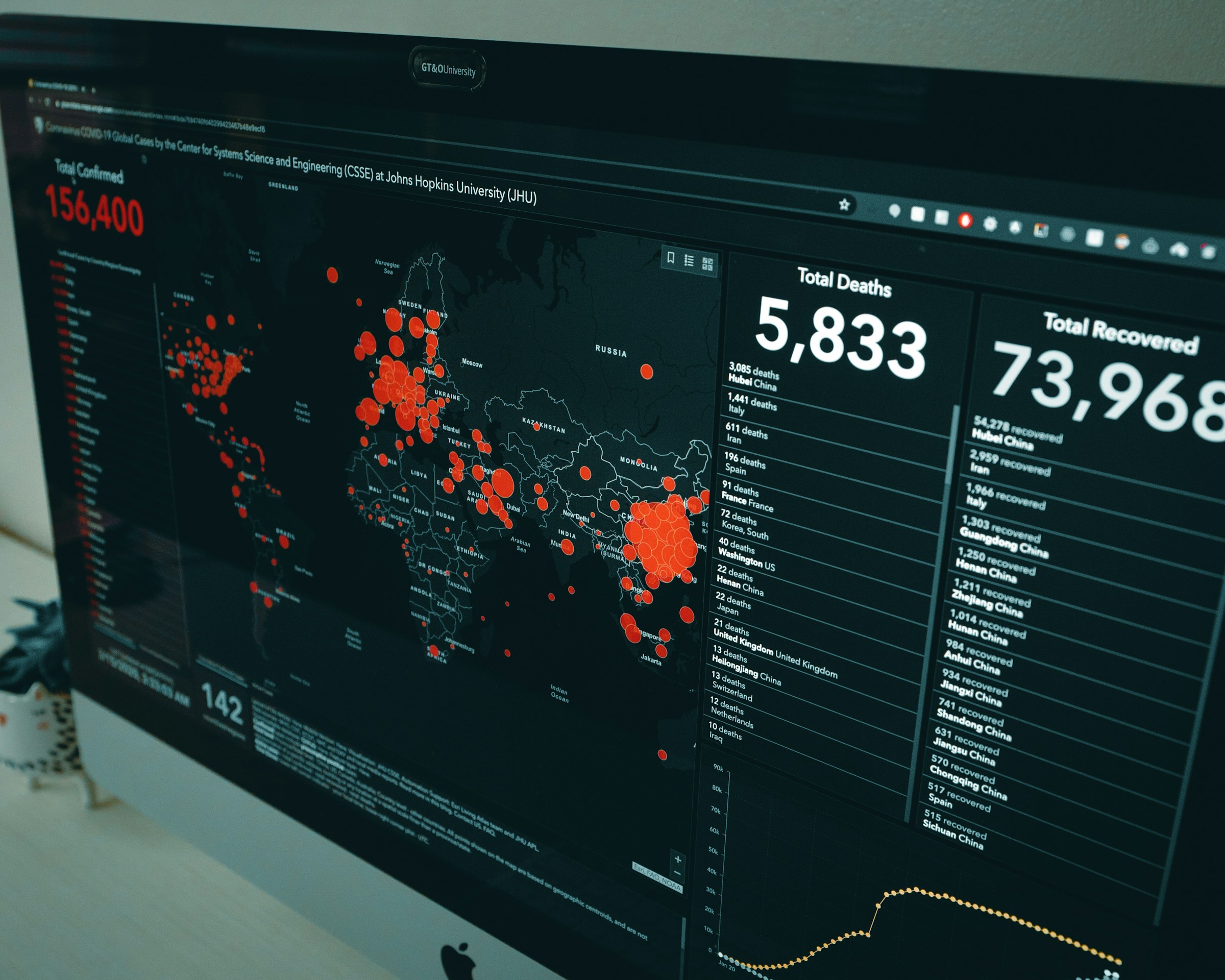In today’s vastly digital world, data emanates from every step we undertake in life-whether we buy anything online, scroll through social media, or measure our health metrics using applications. Each click, every swipe, and every interaction produces enormous volumes of information such that the entire tapestry of information is incomprehensibly huge and filled with potential. While raw data can be overwhelming and chaotic, skilled data scientists and developers turn that information into actionable insights. The process accelerates innovation and improves decision-making across all industries. We will look at how this discipline turns data into gold as we go through the exciting world of data science.
What is Data Science? The Art of Finding Patterns in Chaos
Data Science is the art and science of eliciting meaningful insights from a sea of information. It connects raw data and a business’s informed decisions to outline the patterns, trends, and anomalies that would otherwise remain buried. Its journey goes from collecting the data to cleaning it and processing information to show the best outcome visualisation. A successful data scientist combines statistical knowledge, programming skills, and domain knowledge to make numbers talk into a story that drives strategic actions. They will help turn raw data into understandable insights, thus helping companies make informed decisions through data-driven decisions and competitive advantages.
From Numbers to Gold: How Data Scientists Work Their Magic
The magic of data science lies in its structured approach to extracting value from seemingly chaotic data. Developers gather information from diverse sources, such as website user interactions, factory sensor readings, or social media activity. They apply sophisticated algorithms to recognise patterns or predict future outcomes. Machine learning, a subset of data science, plays a critical role in this process by allowing algorithms to learn from historical data and continually improve their accuracy. Companies often turn to dedicated data science development services for https://data-science-ua.com/data-science-outsourcing/data-science-development-services/, refining this data into valuable insights.
Real-World Applications: Data Science as a Driving Force
The application of data science is profound and far-reaching, touching upon nearly every industry. Data science helps online retailers predict consumer trends and patterns so that their supply chains can efficiently meet customer requirements. Professionals in the healthcare sector use data science to treat patients personally with better outcomes after analysing big data regarding their case histories and responses received from different treatments. In other industries, like transport, self-driving cars use real-time data analytics to navigate complex environments. Meanwhile, financial institutions use machine learning algorithms to identify fraudulent activities so they do not grow into enormous and irreplaceable losses. From sector to sector, in all ways, data science is changing how organisations work and innovate.
It uses data science, for instance, to understand viewership trends. These tools recommend shows to people through advanced analysis of viewer preferences. Predictive analytics helps healthcare providers project outbreaks of diseases using patient data. These insights, driven by advanced data science techniques, provide solutions that often surpass human intuition alone.
Real-World Applications: Data Science as a Driving Force
The influence of data science is boundless and touches several industries. E-commerce companies use data science to predict consumer trends and optimally manage supply chains to meet consumer demand efficiently. In healthcare, professionals use data science to make treatments more personalised based on information from large datasets of medical histories and treatment results. Self-driving cars analyse data in real-time as part of their work navigating through complicated environments. On the other hand, financial institutions apply machine learning algorithms to detect fraud before the situation spirals out of control. The impact of data science has reached virtually every industry and revolutionised how organisations function and create products.
Challenges in Data Science: It’s Not All Smooth Sailing
Despite all the advantages, a career in data science also presents many challenges. One of the major ones involves dealing with vast masses of data, especially when such data is unstructured and requires extensive cleaning and organisation. Furthermore, data scientists have to address privacy concerns by enforcing strict regulations to ensure the ethical collection of data. Moreover, continuous refinement is needed to build accurate models. With new data cropping up, adjustments to models must be made for relevance. Despite these challenges, integrating human intuition and technology allows data scientists to keep pushing the boundaries.
The Future of Data Science: A World of Possibilities
This represents a future for data science that is replete with immense opportunities, with improvements in artificial intelligence and machine learning making the data analytics process more formidable than ever. Emerging areas like personalised medicine, where treatment plans could be tailor-made to one’s individual genetics and health history, have only scratched the surface. Bright cities powered by real-time data analytics will make everything from traffic flow to resource management more efficient, making life in an urban setting so much better. The Capability to continuously innovate and effect positive change in all aspects of the industry keeps expanding with the growing demand for developers who can enable raw data into actionable insights.
Conclusion: Turning Data into Gold — The Power in Our Hands
After all, data science is so much more than just a buzzword; it’s a key to unlocking the hidden value of our increasingly data-driven world. While data is an interesting comparison to oil, the latter still had value because skilled developers and data scientists could refine it into gold. As organisations move to embody the power of data, they must remember ethical considerations and the responsible use of information. The journey from raw data to actionable insight genuinely combines technology with human intuition and continuous learning. The company can confidently move into the digital age, using data as a prized asset to help mould and shape its future directions.

